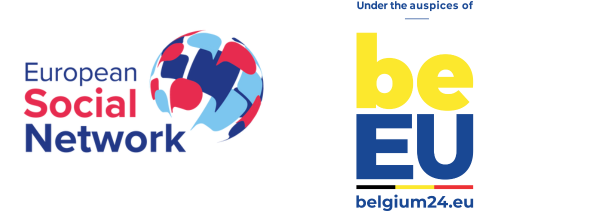Making Co-production Happen
These parallel sessions highlight projects and practices that promote different elements of co-production.
Session Types:
Case Study Session: During this session a practice, service model, project, new idea (already implemented with some form of evaluation) that the audience can learn from and stimulate discussion will be presented. The session will include Q&As and interactive discussion.
Workshop Session: This will take the form of an interactive meeting or educational session designed to create a specialised result, for example a guidance or learning that participants can use afterwards. It will include some form of training and/or group work.
Making Coproduction Happen: 27 JUNE 14:00-15:00

The National Joint Investigative Interview Project was set up to improve the quality of the experience of child victims and witnesses who are required to give evidence, to minimise the risk of re-traumatisation and improve the quality of evidence gathered during forensic interviews of social workers and police officers with children. Through a training programme, interviewers are equipped with enhanced skills and knowledge, particularly on trauma-informed approaches, enabling them to create safe, collaborative environments for children to share their experiences effectively during interviews.
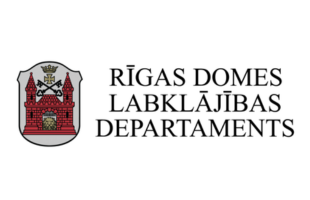
Having realised that families with children with disabilities did not have the right type of support, the Welfare Department of Riga City Council conducted a research study and collaborated with service providers and families to develop and implement a new social programme. The programme consists of support provided by trained professionals who, together with family members, co-developed individual support programmes tailored to the individual needs of the child with disabilities, siblings, and parents.
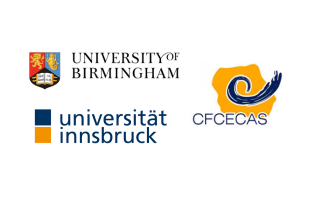
The participation of people using social services in tailoring these services is crucial for creating programmes and initiatives that truly meet their needs. Person-centred approaches bring more perspective and insight, build trust between services providers and beneficiaries, empower people using services, and increase the effectiveness and impact of social services.
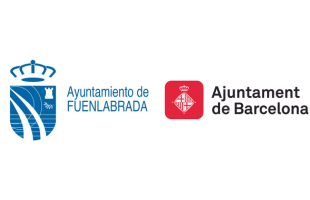
Promoting citizens’ engagement in social services is essential as it fosters inclusion, empowers the community, and ensures that services are responsive to diverse needs and preferences. By actively involving citizens in decision-making processes, social services can better fulfil individual and collective needs, address systemic inequalities, and promote equality.
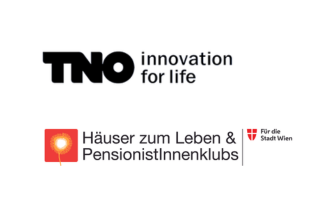
Shared decision making is a key element of co-production in community-based care and support. People with lived experience of care are experts in what helps them have a good quality of life and what support can help them overcome situations of social exclusion. Involving people in decisions over their own care and support, gives them more control over their lives to become more self-sufficient.
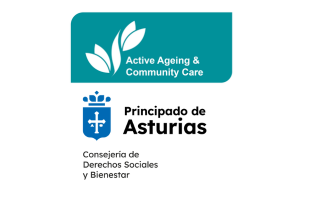
Research shows that loneliness has a serious impact on older people’s longevity, their physical and mental health and their quality of life. Likewise, the lack of care but also its low quality can further deteriorate older people’s wellbeing and their life quality. In this session, we will hear about two experiences addressing these challenges. Malta’s Active Ageing and Community Care Agency (AACC) empowers the older persons they support so they can find by themselves the services they need to improve their wellbeing, including mental health, family therapy and group sessions.
